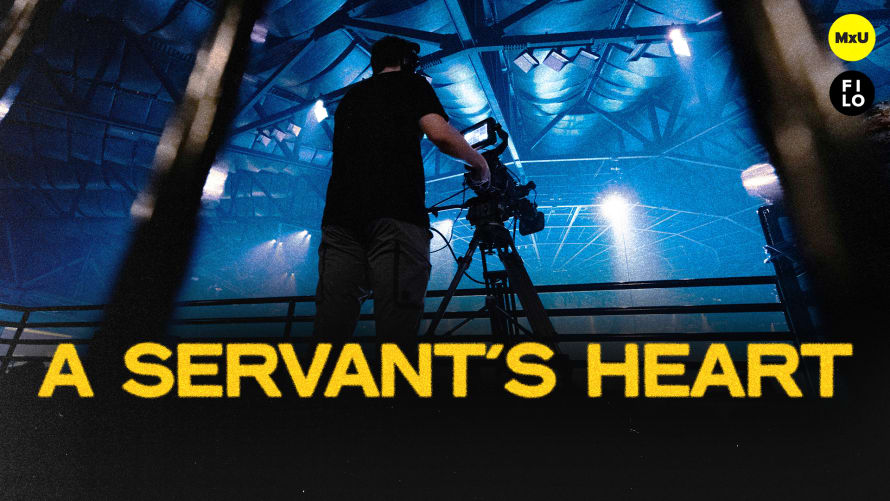
Premium
Sign up to watch The Art of Flexibility and gain access to 500+ more Premium MxU videos.
Team
$99 .95
Per month, billed monthly.
For worship & tech teams
$83 .29
Per month, billed yearly.
For worship & tech teams
- Full course & video library
- Add your team
- Assign training
- Automated training workflows
- Create your own courses & videos
- Multi-campus support
- Organize with groups
Solo
$19 .95
Per month, billed monthly.
Just you, full content library
$16 .63
Per month, billed yearly.
Just you, full content library
- 889+ training videos
- Full course & video library
- Add your team
- Workflows, assignments, create courses & videos
More Premium Videos
The Art of Flexibility
No actions available
Being adaptable and prepared can greatly improve the delivery of your service. Last minute changes are unfortunately inevitable in most environments, but the attitude you have towards them will ultimately determine the impact of your service. Especially in smaller churches, changes are frequent and it’s important to offer solutions to the fast-paced environment of a Sunday morning.
The Necessity of Flexibility
Unexpected changes and multitasking are common. Flexibility isn’t just about managing tasks, it’s also about keeping a service oriented attitude. Handling several roles at once is common in churches, and being flexible is crucial for this kind of multitasking. Adopt a positive attitude towards change that’s accommodating to last minute changes which is essential for smooth operation and delivery of your service.
Communicate Limits and Priorities
Clear communication is key. Whether it’s about the capacity of work a team member can do before being overwhelmed or about priorities when new requests are made, communication is crucial. Set realistic expectations, whether you’re the leader or member of the team, and talk openly. Say what’s possible and what isn’t. Balance new requests with existing tasks to prevent burnout and ensure all tasks are done efficiently. Team members, ask your leadership what the priority is.
Supporting Under Pressure
New team members might feel extra pressure when they face unexpected requests. Leaders play a crucial role in shielding team members from becoming overwhelmed and ensuring they feel supported and capable. Changes can amplify nervousness, but it’s important for the leader to ensure the changes don’t overburden any one member of the team.
Trust-Based Environment
Open and honest communication should be the norm in your team. This allows for a flexible but structured approach to serving in your church. Trust and honesty are key to letting the team adapt to last minute changes without friction. Shared responsibility can reduce the burden on individuals and foster team collaboration.
FILO (First In Last Out) is a 501(c)(3) non-profit organization built around supporting technical artists who serve the local church, designed to provide skill development, community and inspiration to equip technical artists to become effective contributors to their local church. Learn more and join the community at filo.org.
Courses
Topics
Categories
Leadership
101
Premium Videos
Nothing added









